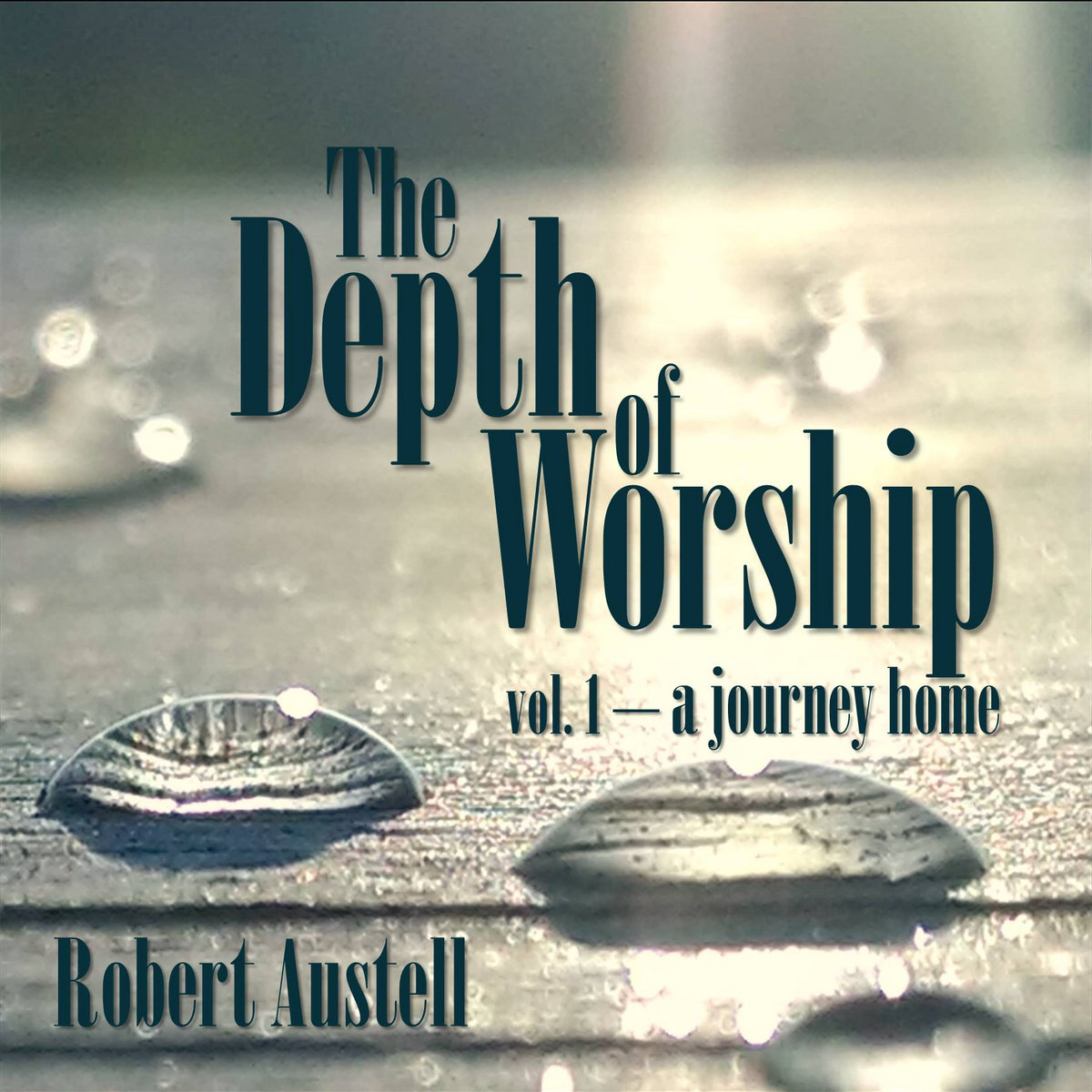website outreach philosophy
2019 Update: we have moved to a Wordpress platform to update the look, but the undergirding philosophy remains the same: this is not just a site for church members, but intended for our neighbors who may or may not be familiar with Christianity, church, or church culture.Check it out (gspc.net)! We continue to have the same philosophical approach described below, particularly with the initial "Why Church?" section.
2011 Update: clearly, the website pictured below is already out of date (here's the current website - a blogspot hosted site). But, the philosophical site map remains the same as what is pictured below. We've found the blog platform a more flexible and easy to adapt platform than what was, at the time, the usual website platform. You should be able to see, in the header and surrounding links the same philosophical site map that we worked out back in 2007. It continues to undergird what we are doing with the current site.
When it came time to update our website a number of years ago, I worked to formulate a website outreach philosophy in keeping with our searchlight/lighthouse priority.
Good Shepherd is a church rich in community, connection, and faith. We have a strong Christian family identity and set of core beliefs that drive our many ministries and missions. We want all of the church family to feel at home and have an active part in the life of that family.
Out of our core beliefs, we also are deeply committed to being salt and light and good neighbors to our immediate community. While we carry on ministry and mission to the world, the country, and the larger community, the officers, staff, and pastor have defined a specific ministry area that (roughly) falls within a one-mile radius of the church. This geographic area includes an identifiable set of neighborhoods that might be described as the Old Providence Community and includes 3000-4000 households and approximately 10,000-12,000 people of surprisingly diverse economic, educational, and racial makeup.
Our church’s first commitment to Jesus Christ is then manifested outwardly in a dual commitment to our church family and our “near neighborhood.” This commitment is expressed throughout the ministries, mission, and philosophy of our church, as seen in our approach to music, drama, staffing, architecture, and even in the nature of our ministries and mission.
- Our website should exist for our church family and for our near neighbors in the Old Providence community. Though the nature of ministry to each group is different, for purposes of website target audience there is equal priority placed on these (note that is different than the amount of content, which would be greater for members). This should affect the home page design in a significant way.
- There will be different content for our church family and for our near neighbors, though there may be some overlap. Among our neighbors, there are two broad categories of people as relates to our outreach ministry: 1) unchurched/non-Christian and 2) churched/Christian who are looking for a church.
- Philosophically, and to use a metaphor, our home page should be like a front door, where members and near neighbors both feel completely welcome and invited to enter. Beyond that, which room each would spend time in would vary as to who is visiting.
- Practically, I have tried to describe our priority visitors (neighbors and church members) and what kind of information/resources/values each might be looking for. Ideally, to me, when they “open the door” on the home page, they will get to this material with ease.
A.VISITOR CASE 1 – UNCHURCHED NEIGHBOR: a non-Christian/non-churchgoer who surfs to the site
1.Looking for information about Christianity and/or church
2.Looking for OP community resources
3.Thinking about visiting for some reason (worship, special program, etc…)
4.Not thinking about visiting… but space where we offer “inviting” stuff
B.VISITOR CASE 2 – CHURCHED ‘NEIGHBOR’: a Christian/churchgoer who surfs to the site (prob. could differentiate “door” by making this one “thinking about visiting GS?”… if they are already thinking, then they probably have some church background)
1.Looking for information about the church for a potential visit
2.Looking for OP community resources (overlap/link to A2)
C.VISITOR CASE 3 – CHURCH FAMILY: a GSPC member who comes to the site
1.Looking for current/upcoming information
2.Looking for old information
3.Looking for connection to/with church family
4.Looking for church/Christian resources
5.Looking for ministry opportunities

Here's a closer look at some of the sub-categories under "Why Church?" (the first 'door'). There is a welcome "from our pastor" HERE as well as another HERE through the second 'door', but you'll see the language differs according to the supposed audience.


